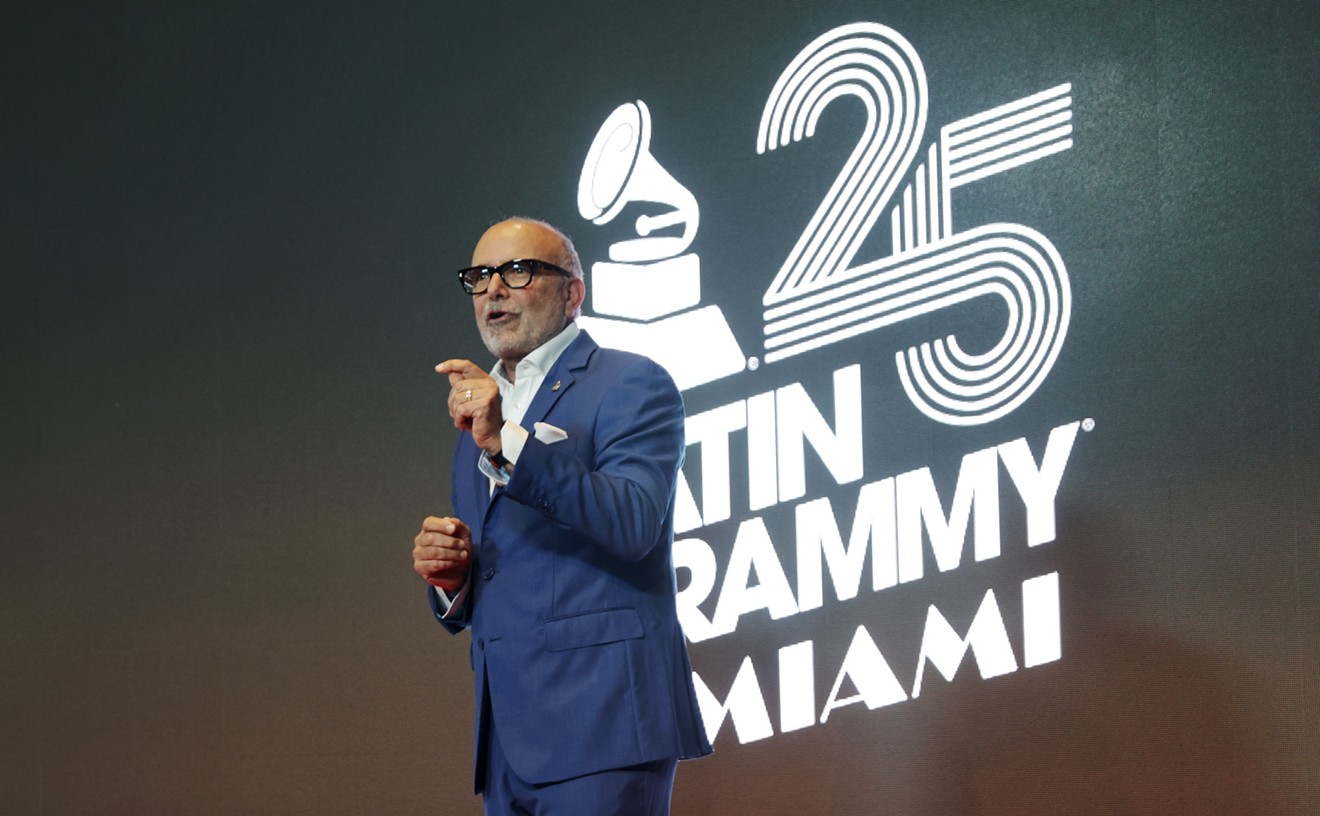Hence the recently released Chant Down Babylon, an album that's not so much an end in itself as a means to draw that elusive African-American audience closer, not only to Marley and his message, but to reggae's other "roots and culture" purveyors, particularly the Marley children. Produced by son Stephen Marley, with assistance from brothers Julian and Damian, the album is scoring high marks on the R&B charts with posthumous "duets" that pair previously unreleased alternate Bob Marley vocals for twelve of his tunes with singers such as Erykah Badu, MC Lyte, Gang Starr's Guru, Krazy Bone, Chuck D, and Rakim, as well as the hoary rock outfit Aerosmith's Joe Perry and Steven Tyler. The instrumental tracks also are new, produced digitally and inspired by the style of each guest artist.
Purists may grumble that what ain't broke don't need fixing, but the album's collaborations (some inspired, some not) underscore the notion that be it reggae, hip-hop, or rock, rebel music is rebel music. Busta Rhymes's fierce Jamaican patois-flavor Selassie I rap for "Rastaman Chant" and The Roots' turn on "Burnin' and Lootin'" are just two tracks that elucidate the natural links between any musicians bent on upsetting the rulers of Babylon.
But in amassing hip-hop's most notorious for Bob's Chant Down partners, the record also acknowledges another fact of reggae life: Hip-hop fans may not vibe to the leisurely "one drop" rhythms and moral imperatives of other roots-style reggae artists, but they'll bob their heads and even wind their waists to the faster, body-heating beats and broader lyrical concerns of hip-hop's Jamaican cousin, dancehall. The crossover smash of Beenie Man's 1998 "Who Am I" single, last year's R&B hit "Everyone Falls in Love" from his Shocking Vibes labelmates Tanto Metro & Devonte, as well as the successes earlier in the decade of Ini Kamoze and Shaggy, all represent just the tip of dancehall's massive underground presence in urban North America. Piracy, lack of promotion, and little tour support have conspired to lower dancehall's commercial profile, but step into any hip-hop club worth its salt, and you're sure to hear the latest dancehall rhythms and their interpreters scorching the turntables.
Digitized dancehall quickly took over in the years following Bob Marley's 1981 passing, supplanting roots aesthetics for the remainder of the decade. But that dominance was less a response to reggae's loss of a figurehead than a gesture of mimesis and respect to hip-hop, at that time enjoying what some would term its creative peak. Again reggae purists decried the thematic shift from Selassie and Garvey to guns and gals, as well as the musical move from the visceral juiciness of live drums, bass, and rhythm guitar to drum machines and computer effects. But the dichotomy of roots and dancehall is an illusion. Reggae as a whole was born inside a poor man's party, the Jamaican dancehall, and dancehall energy continues to motor the music's creativity today. Those early open-air, impromptu parties, circumscribed by towers of homemade speakers carted around the island on flatbed trucks, and equipped with a solitary turntable, also set the hip-hop template. At first the Jamaican MC's (still referred to there as a DJ) role on the mike was simply to fill between-disc blank spots. Soon, however, the MC's chat became as important as the actual discs with which he was mated. Hip-hop evolved similarly when Jamaican immigrant Kool Herc brought the same mobile disco to the Bronx, substituting funk tracks for reggae (and adding that crucial second turntable for crosscutting choice vinyl breaks). It's no coincidence that so many of hip-hop's seminal MCs were of Jamaican descent, and that as hip-hop continues to expand its present-day pop dominance, it inevitably brings dancehall with it.
Of the many who trod Bob's path by sticking to classic roots, it could be said that only his sons (all of whom have literally inherited their father's vocal sound) have the right to be slavishly Bobish. Yet Ziggy Marley and the Melody Makers (composed of Bob's three children with wife Rita: Ziggy, Stephen, and Cedella, as well as Rita's daughter Sharon Marley and singer Eric Newell) never scored high marks in the ethnic reggae arena, crossing over only to the American college/alternative music market to which Bob's own music has always appealed. But Chant Down and another 1999 release, Country Journey, written and recorded by Ky-Mani (Marley's Miami-raised son with Anita Bell Davis), are essentially hip-hop, and more in line with the reggae ambassador's legacy to black America. Ky-Mani, especially, beams a charismatic and modern urban presence that suggests the New Millennium Bob, if such an entity is possible, might turn out to be a Marley after all.
No one would celebrate a hip-hop-dancehall connection more wholeheartedly than Bob, a universal thinker who wrote and sang "Punky Reggae Party" in 1977 to underscore the brotherhood of righteous rage that linked British punks with Caribbean Rastas. On the other hand, no one would lament more how that legacy contributes to the floundering of so many emerging roots-style reggae artists. Because Bob still stands as the platinum standard by which all reggae hopefuls are judged, his example continues to spawn countless dreadlocks-tossing, forehead-clutching clones who warble Jah's praises and predict Babylon's downfall ad nauseum. Literal-minded Bobishness fails because it misses the point: Bob's willingness to reach inside and retrieve elements of the nakedly personal that hit with the breath-stealing impact of the universal. Whether bigging up the international sufferah, praising The Father, pledging rootical love to a woman, or relating vivid anecdotes drawn from ghetto life, Bob -- much like hip-hop's finest -- always kept it real.










